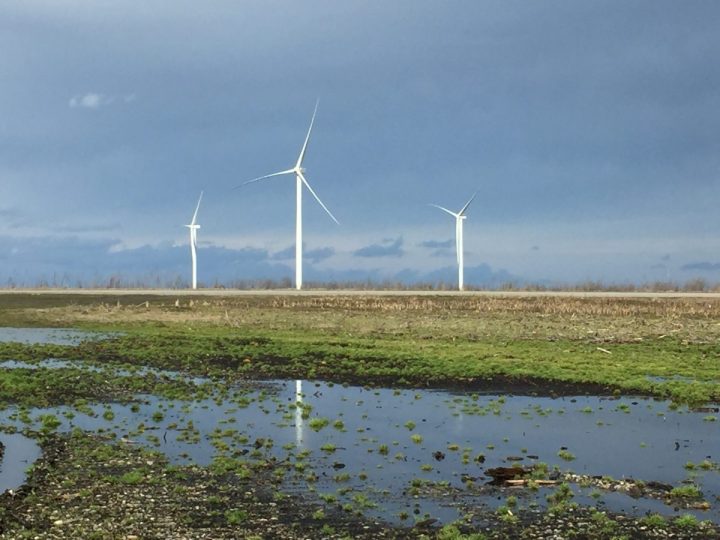
This story has been updated.
WASHINGTON, D.C. – Congressman Walter B. Jones, R-N.C., has joined Reps. Chris Collins, R-N.Y., and Blake Farenthold, R-Texas, to introduce legislation that would curb the installation of wind turbines near military installations.
Supporter Spotlight
Jones, Collins and Farenthold introduced on Tuesday the “Protection of Military Airfields from Wind Turbine Encroachment Act,” an effort to ensure that any new wind turbines built within a 50-mile radius of a military installation would be deemed ineligible for the Wind Production Tax Credit.
Sen. John Cornyn, R-Texas, introduced a companion bill in the Senate.
Earlier this month in North Carolina, 10 state legislators and one military official signed a letter asking then President-elect Trump to shut down the Amazon Wind Farm in Pasquotank and Perquimans counties. In the letter, the group voiced their concern that the wind farm could have a electromagnetic interference on a nearby Department of Defense Relocatable Over the Horizon Radar system in Virginia.
The Navy, which manages the radar, said that it approved the 104-turbine project and worked with the developer, Avangrid, as well as a Massachusetts Institute of Technology lab, to ensure the safety of the wind farm.
The congressmen who introduced the bill said they were concerned about wind installations in other parts of the country affecting military facilities as well.
Supporter Spotlight
“I cannot condone any activity which puts the operations of our military installations at risk,” Collins said. “Massive wind turbines built in such close proximity to military installations, such as the ones being proposed in Western New York, can negatively impact a base’s daily operations and future viability. This legislation introduces a commonsense solution to protect the vital operations of our country’s military installations.”
Paul Copleman, a communications manager at Avangrid, said in an email that the company worked with the Department of Defense to make sure the project was compatible with the military’s needs. He also said that “unnecessary and arbitrary” regulation of wind energy blocks potential economic benefits of such projects.
“This needless effort will actually harm local communities’ ability to benefit from the economic catalyst wind farms provide,” Copleman said, “and block potential employment for veterans as they transition from these military bases.”







